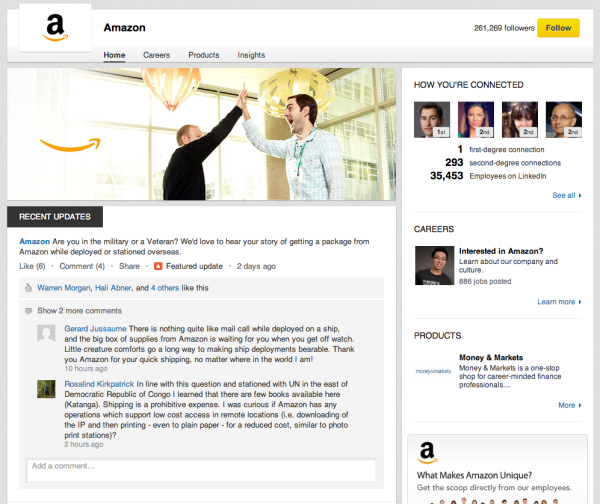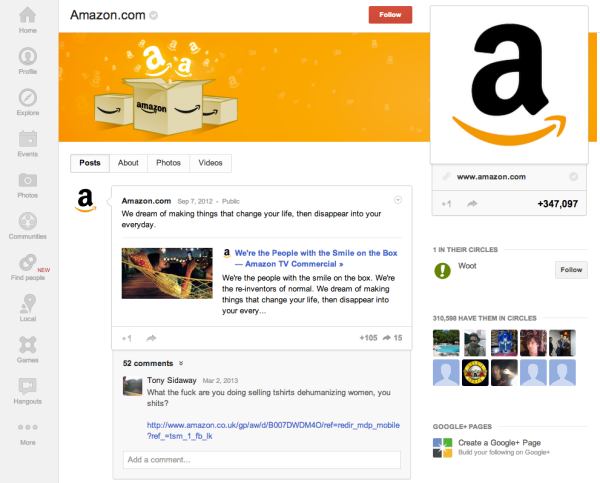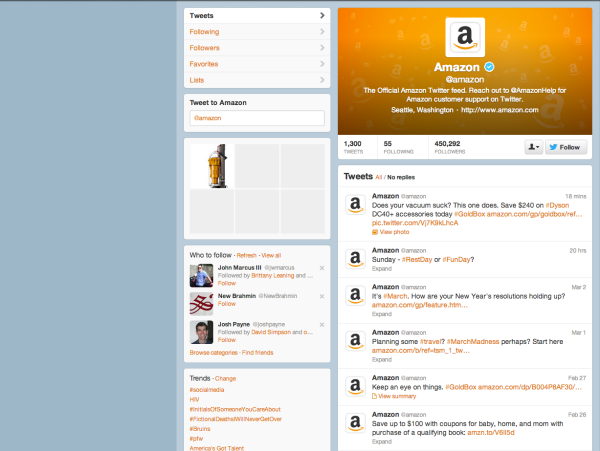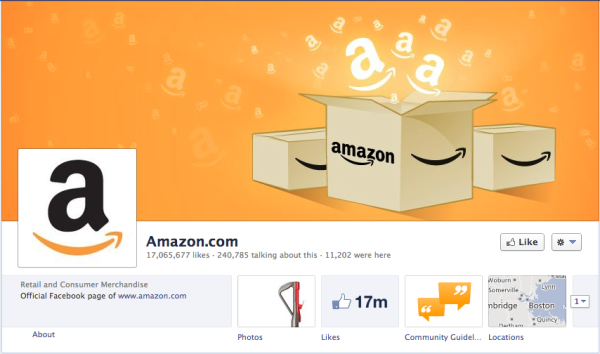Customer relationship management (CRM) is a term that refers to practices, strategies and technologies that companies use to manage and analyze customer interactions and data throughout the customer lifecycle, with the goal of improving business relationships with customers, assisting in customer retention and driving sales growth. CRM systems are designed to compile information on customers across different channels -- or points of contact between the customer and the company -- which could include the company's website, telephone, live chat, direct mail, marketing materials and social media. CRM systems can also give customer-facing staff detailed information on customers' personal information, purchase history, buying preferences and concerns.
Main components
The main components of CRM are building and managing customer relationships through marketing, observing relationships as they mature through distinct phases, managing these relationships at each stage and recognizing that the distribution of value of a relationship to the firm is not homogenous. When building and managing customer relationships through marketing, firms might benefit from using a variety of tools to help organizational design, incentive schemes, customer structures, and more to optimize the reach of its marketing campaigns. Through the acknowledgement of the distinct phases of CRM, businesses will be able to benefit from seeing the interaction of multiple relationships as connected transactions. The final factor of CRM highlights the importance of CRM through accounting for the profitability of customer relationships. Through studying the particular spending habits of customers, a firm may be able to dedicate different resources and amounts of attention to different types of consumers.

CRM benefits for customer
With CRM systems customers are served better on day to day process and with more reliable information their demand of self service from companies will decrease. If there is less need to contact with the company for different problems, customer satisfaction level increases.[19] These central benefits of CRM will be connected hypothetically to the three kind of equity that are relationship, value and brand, and in the end to customer equity. Seven benefits were recognized to provide value drivers.
- Enhanced ability to target profitable customers.
- Integrated assistance across channels
- Enhanced sales force efficiency and effectiveness
- Improved pricing
- Customized products and services
- Improved customer service efficiency and effectiveness
- Individualized marketing messages
Amazon using social media






































No comments:
Post a Comment
Note: Only a member of this blog may post a comment.